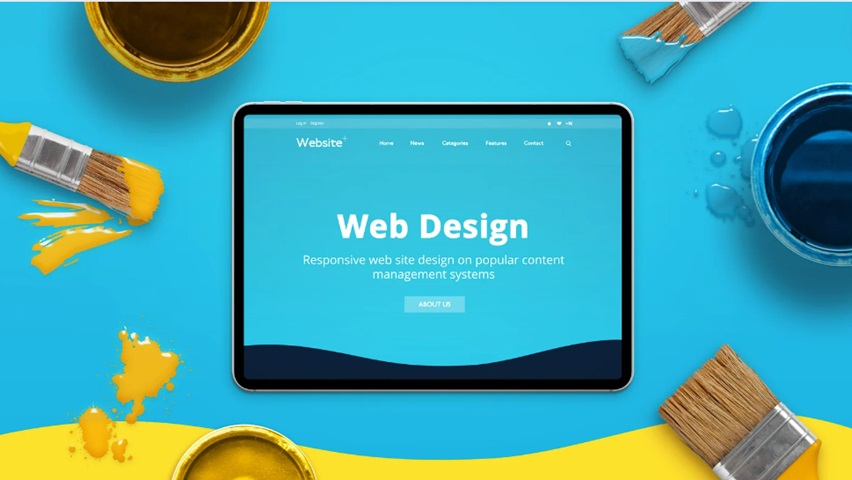Creating a strong brand identity is crucial for success in today’s digital-driven marketplace. A professional website design company in Atlanta can play a significant role in shaping and defining a business’s online presence. Quality website design not only influences how potential customers perceive a brand but also impacts user experience and engagement.
Visual Appeal and First Impressions
Initial interactions are crucial in the digital realm, as online guests frequently shape their perceptions of a site within moments. An attractively designed and user-friendly website can engage visitors, prompting them to delve deeper. Components like color palettes, fonts, and visuals play a vital role in crafting a consistent brand image that connects with the intended audience.
Enhancing User Experience
Professional website design prioritizes user experience, ensuring that navigation is intuitive and content is easily accessible. This aspect is particularly important for retaining visitors and reducing bounce rates. Features such as fast loading times, mobile responsiveness, and clear calls-to-action contribute to a seamless user experience, ultimately nurturing customer loyalty and increasing conversion rates. Learn more about the importance of quality web design for small businesses here.
Building Trust and Credibility
Trust and credibility are fundamental components of brand identity. A professionally designed website instills confidence in visitors by projecting a polished and reputable image. Key design elements that enhance trust include clear and concise messaging, consistent branding, secure payment options, and customer testimonials. Establishing trust through effective website design can lead to increased customer retention and positive word-of-mouth referrals.
Improving Search Engine Visibility
Website design significantly impacts search engine optimization (SEO). A trustworthy web design company prioritizes optimizing web pages for search engines, resulting in better rankings and higher organic traffic. Including SEO tactics like meta tags, keyword incorporation, and alt text for images during the design process can greatly boost a site’s visibility.
Adhering to Design Principles
Effective website design adheres to fundamental design principles that facilitate ease of use and enhance aesthetic appeal. Principles such as balance, contrast, and alignment ensure that the design is visually engaging and functional. For more tips on website design principles that can boost sales, check out these seven principles.
Conclusion
Professional website design is integral to establishing and enhancing a brand’s identity in the digital age. From creating strong first impressions to ensuring an optimal user experience, a well-designed website serves as a powerful tool for engaging potential customers. Building trust and credibility through effective design not only retains customers but also fosters positive referrals and long-term loyalty. Moreover, boosting search engine visibility through SEO-friendly design practices can drive organic traffic and expand the reach of a brand. Embracing fundamental design principles is essential for creating visually appealing and functional websites that resonate with audiences. Investing in professional website design is a strategic move that can significantly impact a brand’s success in the competitive online marketplace.





